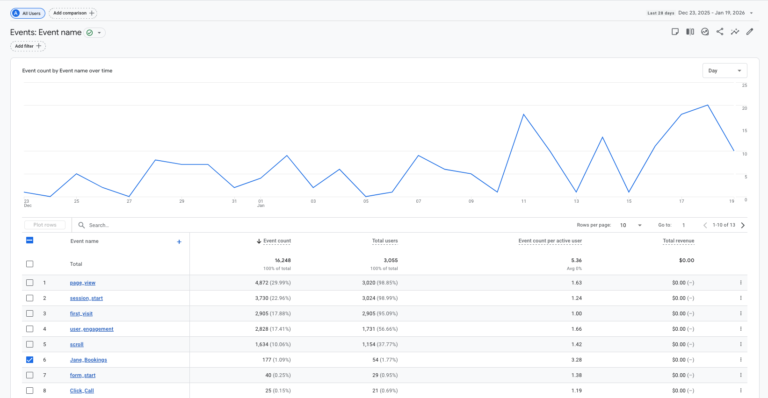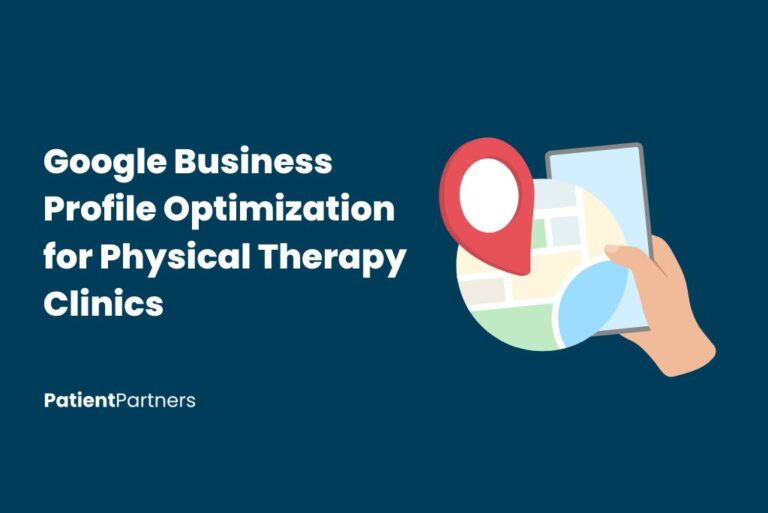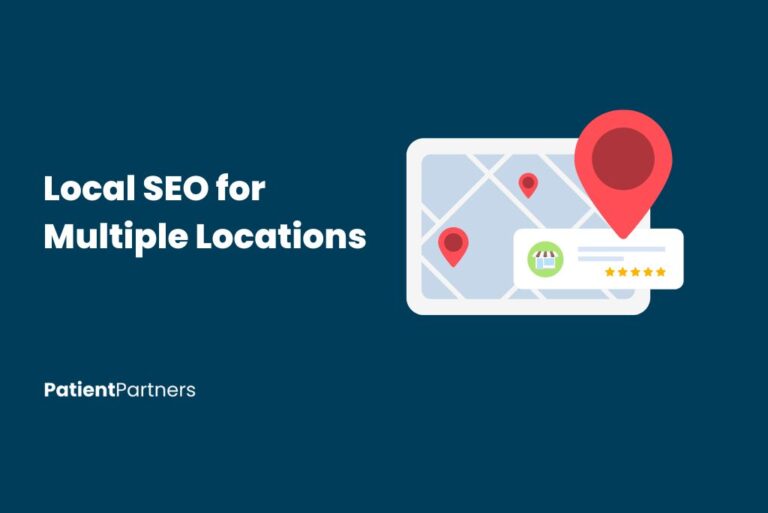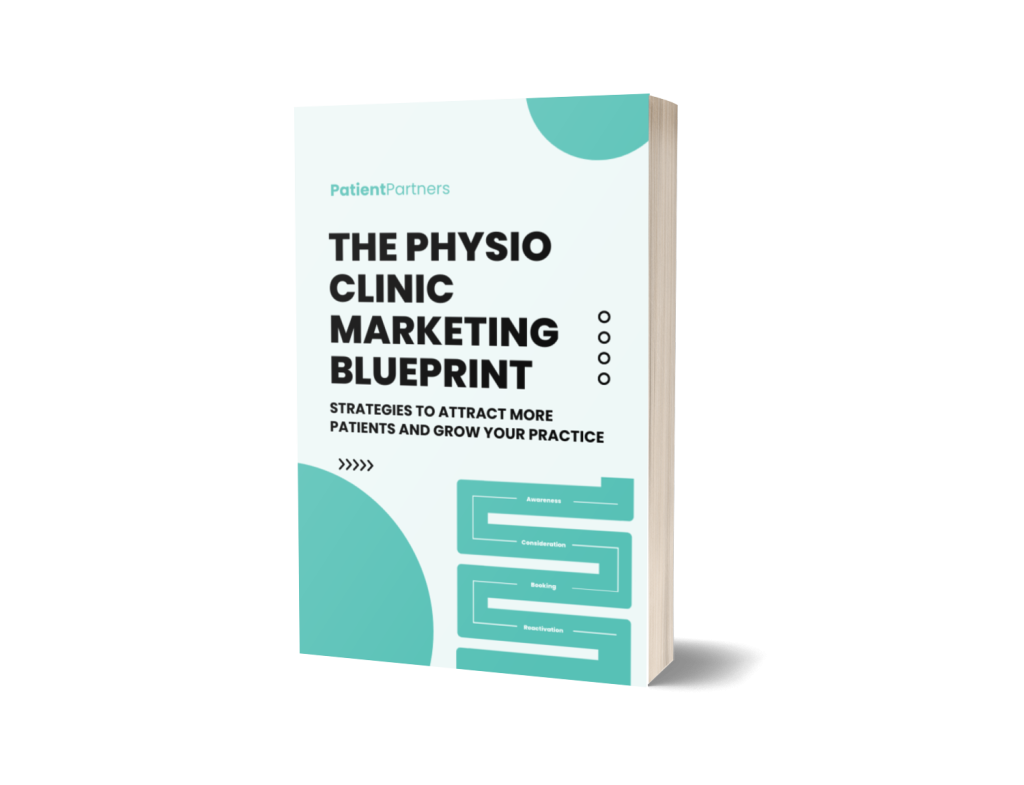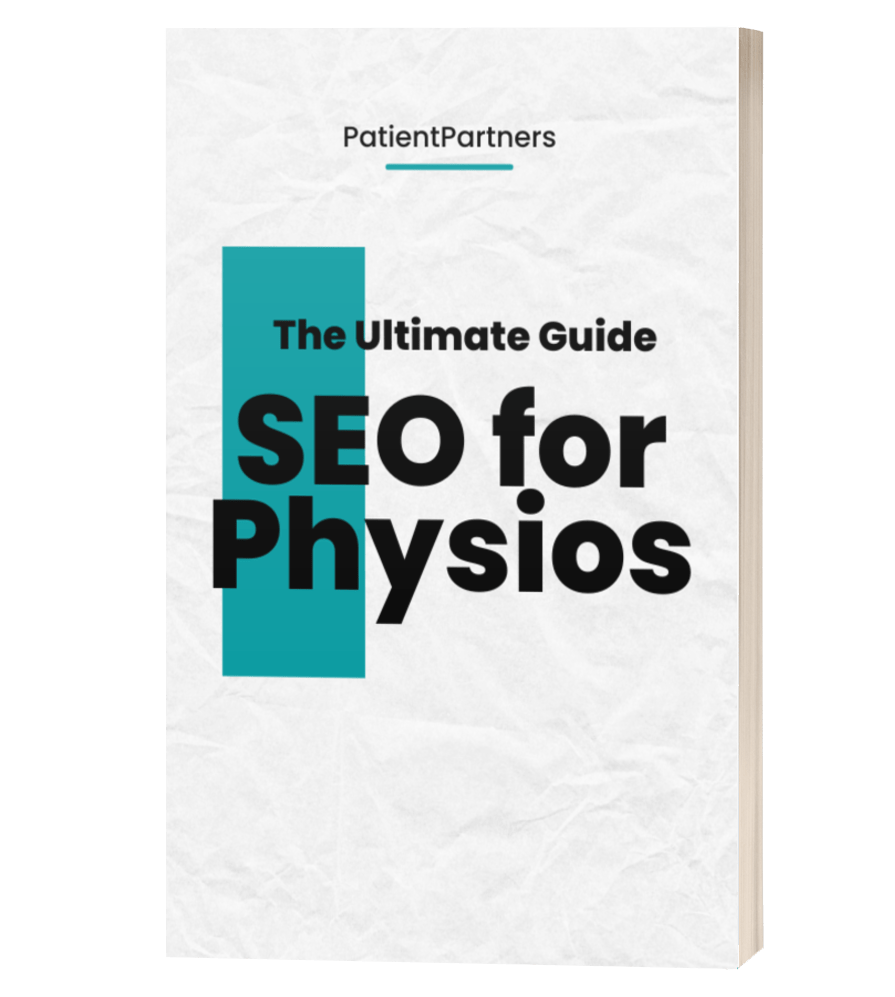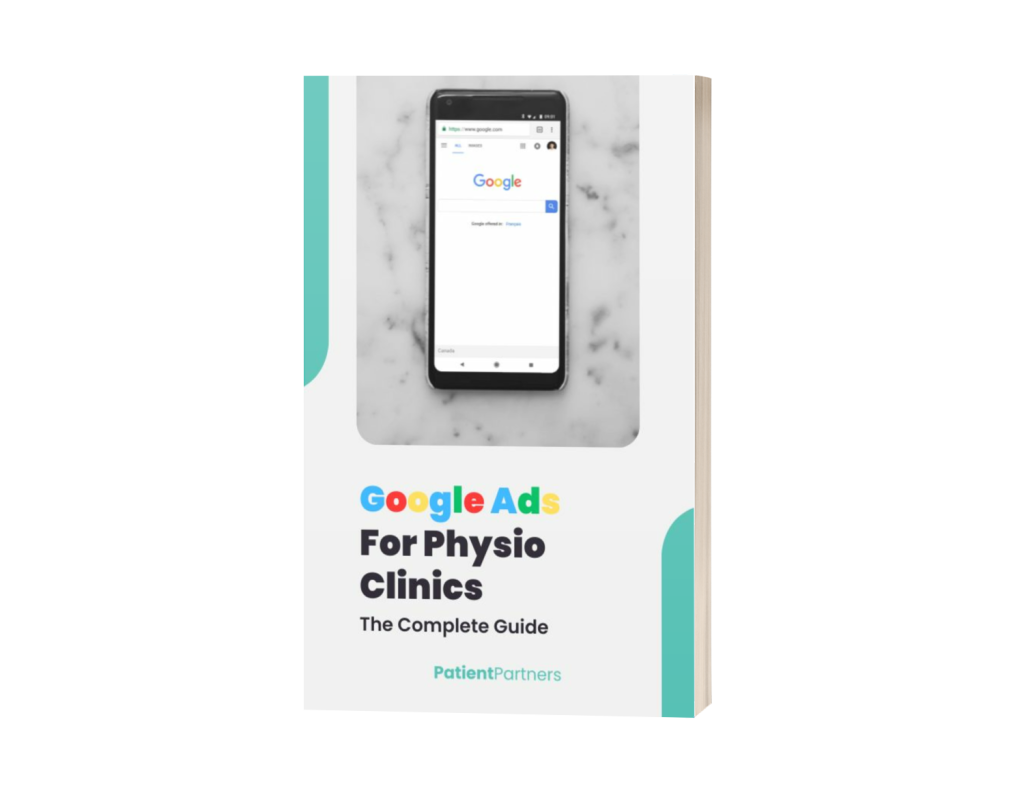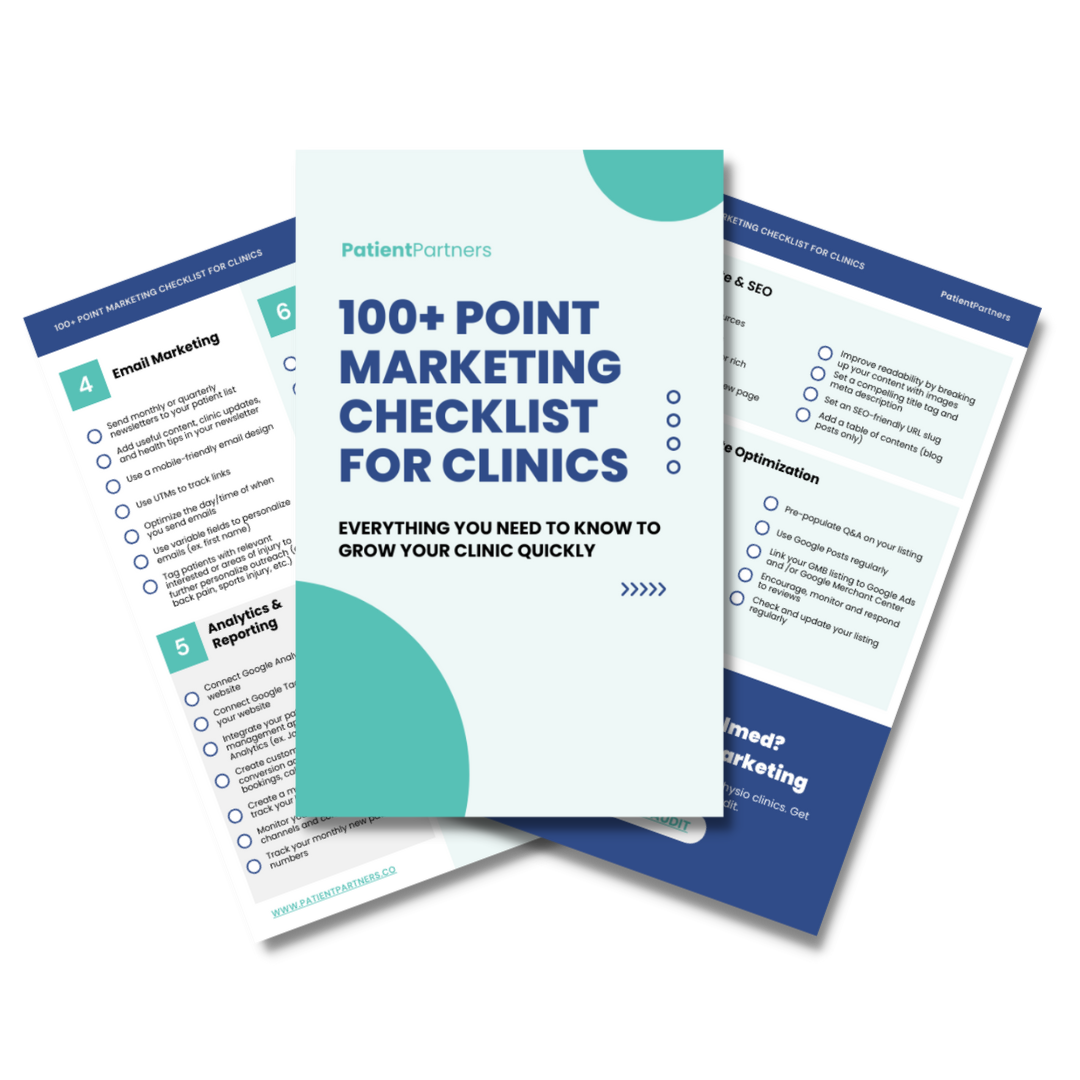Imagine asking ChatGPT where to find the best physiotherapy clinic in your city. The clinics that pop up aren’t random—they’re the ones taking active steps to show up in AI-powered results.
If you want your physiotherapy clinic to stand out on ChatGPT, you need a clear online presence, regularly updated content, and straightforward answers to common patient questions.
More people are using chatbots and AI tools to make decisions about their health and where they go for care. When you optimize your clinic’s information online, you help ChatGPT and other AI tools find and recommend your services quickly.
That means more potential patients can discover what makes your clinic unique and trustworthy.
You don’t need to be a tech expert or change everything about your website. Simple updates—like adding detailed service descriptions or answering typical patient questions—can help your clinic become a top pick in AI conversations.
Let’s dive into the practical steps you can take to start showing up where your future patients are searching!
Understanding How Physiotherapy Clinics Can Rank Better on ChatGPT
Getting your clinic noticed on ChatGPT’s responses can help bring in more clients and improve your reputation. Make your information clear, trustworthy, and easy for AI tools like ChatGPT to use.
Why Ranking on ChatGPT Matters
If someone asks ChatGPT about finding a local physiotherapist or the best clinics, you want your clinic to show up in those suggestions. People are already turning to AI, not just search engines, for advice and recommendations.
Ranking on these new platforms means more chances for clients to discover your services. ChatGPT often draws from the most credible and well-known sources, so building trust online is even more important now.
If your information isn’t easy to find or sounds unreliable, you’ll likely miss out, as these models recommend clinics based on clear, verified data and positive brand mentions.
How AI and Large Language Models Interpret Content
AI and large language models like ChatGPT read the internet and use natural language processing to answer questions. They rely on structured and well-written content that answers common queries.
Your clinic’s website should use simple language, clear headings, and direct answers to typical patient questions. For example, detail your treatments, opening hours, and specialties.
Bullet points or short, informative lists work well. ChatGPT and similar AI systems also pay attention to consistent, factual details—things like your address, phone number, and clinician bios.
Edit your website for accuracy and clarity to gain an advantage when the model chooses whose information to display.
Get a free clinic marketing audit

The Role of Structured Data and Brand Visibility
Structured data acts as a “cheat sheet” for AI systems. Use Schema markup or Google Business Profile info to help ChatGPT and other LLMs understand exactly what your clinic offers.
Keep your online profiles up-to-date and encourage satisfied patients to leave positive, detailed reviews. These reviews become part of the data that AI uses to judge your credibility.
List your services, location, and appointment booking clearly and similarly across all platforms. This strengthens your brand’s digital footprint and signals to ChatGPT that you’re a reliable clinic to recommend.
Tables and FAQ sections on your site also make it easier for AI to parse and present your information. This helps your clinic stand out when patients ask for help or recommendations.
Optimizing Content for Better ChatGPT Visibility
If you want your physiotherapy clinic to stand out in ChatGPT search, you’ll need more than a few good blog posts. Write clear, helpful articles that match what potential patients are looking for, use simple methods to structure your information, and make your brand memorable.
Crafting High-Quality, Relevant Content
Your clinic’s content should be up to date, informative, and easy to understand. Both people and AI like ChatGPT notice high-quality content.
Write for your audience—real people searching for answers about physiotherapy, back pain, or injury recovery. Create articles that tackle specific topics like “How to Recover from a Sports Injury” or “Benefits of Physiotherapy for Older Adults.”
Go deep where it counts and avoid fluff. Use bullet points and simple visuals—think diagrams or before-and-after photos—to make information stick.
Make sure your facts are correct and add sources when possible. Regularly update old posts to keep them relevant.
Enhancing Readability and Matching User Intent
Readability can make or break your ranking. If your words are easy to follow, users will stick around longer.
Short paragraphs, simple language, and clear headings help busy users get answers fast. Before you write, think about what patients are searching for.
Are they wondering about recovery times? Do they want exercise tips?
Use common questions as subheadings and answer them directly. This matches “user intent,” meaning your posts actually solve people’s problems.
Use tools like Hemingway Editor or Grammarly to check your work for clarity. Break up text with lists and bold important info so skimmers catch the main points.
Leveraging Content Marketing and Brand Mentions
Your clinic’s name should appear in case studies, patient stories, and local news features. Link to your social profiles and list your location clearly.
This builds brand mentions that ChatGPT and similar AI systems use to recognize and recommend your clinic. Create helpful resources, like exercise sheets or video demos, and encourage patients to share them.
Collaborate with local health providers to reach new audiences. The more your clinic appears online in a positive way, the more trustworthy you look to both humans and AI.
Invest in content marketing by writing guest articles or answering community questions. When other sites reference your clinic, it boosts your reputation and increases your odds of popping up in AI-generated responses.
Utilizing Structured Data for SEO Advantages
Structured data helps search engines and AI “read” your website. Add schema markup to label your clinic’s name, locations, and hours.
Add it to articles, too. This won’t show up to visitors, but it gives machines a road map of your site.
Tools like Google’s Structured Data Markup Helper can walk you through the basics. Add FAQ schema to answer common patient questions right on your website.
This makes it easier for ChatGPT to pull accurate, helpful answers when someone is looking for a physiotherapist nearby. Refresh your structured data whenever details change—up-to-date info means you show up in the right places.
Boosting Clinic Authority and Trust in the AI Era
To stand out on platforms like ChatGPT, your clinic needs to show real-world expertise, build patient trust, and use reliable information. Authority is earned through patient stories, clear credentials, and sharing detailed case examples.
Showcasing Expertise and Experience
Highlight your staff’s credentials to show expertise. Include the qualifications and years of experience of your physiotherapists directly on your website.
Display special training, certifications, or awards on your homepage or about page so they’re easy to find.
Talk about unique treatment methods or high-tech equipment you use. These details show visitors and AI systems that you stand apart from other clinics.
Increasing Patient Trust Through Testimonials and Positive Reviews
Positive experiences build the foundation of trust. Feature short, honest patient testimonials with real names or photos (with permission).
Avoid stock images; real faces work better. You can format these as:
“After my ACL surgery, their team helped me walk again. Couldn’t thank them more!” – Mark T.
Respond to reviews—both good and bad—on Google, Facebook, and other trusted sites. A mixture of reviews (not just all perfect scores) shows authenticity.
Encourage happy patients to leave a review right after their appointment.
More genuine feedback means more trust—both from new clients and search engines.
Using Authoritative Sources and Case Studies
When you share health information or advice, always cite recognized sources.
This tells readers and AI bots that your site is reliable. Create and post short case studies about common treatment journeys.
Explain a patient’s problem, your approach, and the outcome. For example:
- Patient: 34-year-old runner with knee pain
- Treatment: 12 weeks of targeted strengthening and manual therapy
- Result: Returned to running, pain-free
Publishing this type of detail gives real evidence that your clinic delivers on its promises.
Leveraging AI-Powered Tools and Chatbots for Clinics
Smart use of AI-powered tools, especially chatbots, is changing how physiotherapy clinics interact with patients online. These digital helpers aren’t just for answering questions—they can support your clinic’s rankings and boost patient trust when used well.
Improving User Experience with Chatbots
Use chatbots on your clinic’s website to improve the patient experience. Patients can get immediate answers to common questions, book appointments anytime, and access useful health tips.
No one likes waiting, especially when they’re in pain or need quick info. A good chatbot powered by natural language processing will understand what someone is really asking, even if they don’t use perfect medical words.
This cuts down on patient frustration. Make sure your chatbot can handle tasks like appointment scheduling, sending reminders, and directing people to the right services.
Consider these chatbot must-haves:
- 24/7 availability for patients
- Simple, clear language
- Quick links for booking visits
- Ability to collect basic patient info safely
Happy, informed patients are more likely to stay loyal and recommend your clinic.
Maximizing Traffic from ChatGPT
ChatGPT is becoming a popular place for people to ask health questions. To help your clinic appear when people use ChatGPT, focus on clear and accurate information on your website.
Answer common questions about physiotherapy, describe your services simply, and use words patients use. Structure your website content in FAQs, helpful articles, and service pages.
When ChatGPT scans online sources, it often pulls from content that answers exact user questions. Update your Google Business profile and make sure your clinic’s details are consistent across all platforms.
Use keywords such as “physiotherapy clinic near me” and “book a physio appointment.” These simple steps can help drive more traffic to your site, not just from search engines but also from AI chatbots looking for reliable clinics.
Utilizing Patient and Customer Reviews Effectively
Real reviews matter. They act as proof that your clinic delivers good care and help new patients trust you.
Encourage your patients to leave reviews on Google, Facebook, and health-specific platforms, especially after positive experiences.
Respond to reviews—both good and bad. Thank patients for positive feedback, and address concerns politely in negative reviews.
This shows you care and listen. AI tools can help you manage and analyze reviews.
They can sort feedback and pinpoint what you’re doing well and what needs fixing.
Here’s a simple way to use reviews to your advantage:
- Display recent 5-star reviews on your website using a reviews widget
- Share positive feedback in clinic newsletters
- Ask for patient stories and testimonials about their recovery journey
When potential patients see others’ honest feedback, it builds trust.




